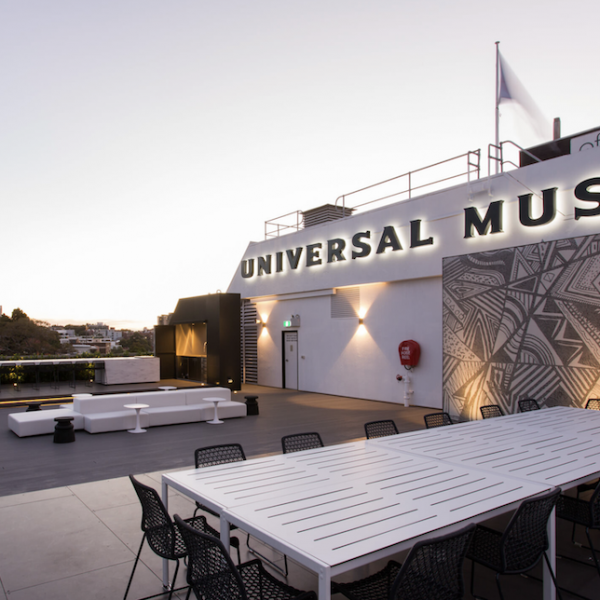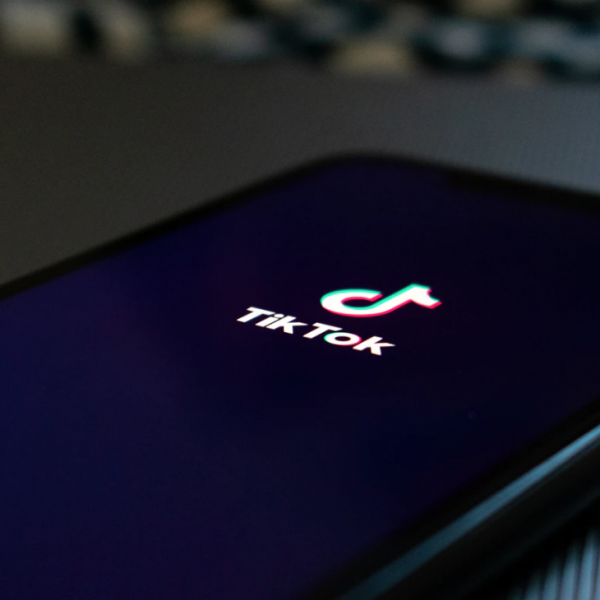Universal Has Already Scrubbed One-Third of Its Most Popular Music From TikTok

More than 30% of Universal Music Group’s most popular content has been removed from TikTok, the fallout of an extraordinary exchange between both parties as content licensing talks hit a wall.
According to analysis from Billboard, upwards of one third of the songs on the trade title’s TikTok Top 50 chart – 17 in total – are no longer available to stream on the short-video app, after negotiations failed to progress.
The great disappearing act includes several of the most popular songs on TikTok, Billboard reports, from Muni Long’s “Made for Me” (No. 2 on the TikTok Top 50), to Xavi’s “La Diabla” (No. 7), Drake’s “Rich Baby Daddy” (No. 9), and Lana Del Rey’s “Let the Light In” (No. 11).
Also, Ariana Grande’s “Yes, And?,” two songs from Nicki Minaj’s December album, and Lesley Gore’s 1963 release “Misty” are gone. Sophie Ellis-Bextor’s Saltburn-boosted “Murder on the Dancefloor” from 2001 is absent, although an official “orchestral version” is still bouncing around.
As previously reported, UMG’s previous licensing agreement covering TikTok and its branded premium platform TikTok Music (which launched in Australia last year) expired Jan. 31, with no new agreement to replace it.
With no deal, TikTok users would no longer have access to recordings controlled by UMG (estimated at 3 million works) or to songs whose rights are represented by its publishing arm (around 4 million songs).
The music giant didn’t mince its words, when it fired off several brutal assessments of its negotiations with TikTok, blaming the ByteDance-owned tech business of trying to undercut creators, failing to keep its networks free of bogus content and its users safe, and using bully tactics and intimidation at the negotiating table.
“TikTok proposed paying our artists and songwriters at a rate that is a fraction of the rate that similarly situated major social platforms pay,” UMG explained in an open letter.
The music giant also accused TikTok of trying to “intimidate us into conceding to a bad deal that undervalues music and shortchanges artists and songwriters as well as their fans.”

The streaming platform accounts “for only about 1% of our total revenue,” reads the UMG statement.
A separate message from Universal Music Publishing Group, also issued Jan. 31, doubles down on those claims.
“Despite TikTok’s widespread use of music, its exponential revenue growth, and the massive increase in its user base in such a short period of time,” reads an open-letter to its songwriting community, “TikTok insists on paying our songwriters at a fraction of the rate that similarly situated major social media platforms pay – and without any material increase from our prior agreement. TikTok tried to bully us into accepting their proposal by selectively removing the music of certain developing artists. This is unacceptable.”
TikTok’s response was relatively brief, but to the point.
“It is sad and disappointing that Universal Music Group has put their own greed above the interests of their artists and songwriters,” a followup statement from TikTok reads.
“Despite Universal’s false narrative and rhetoric, the fact is they have chosen to walk away from the powerful support of a platform with well over a billion users that serves as a free promotional and discovery vehicle for their talent.”
TikTok reckons it “has been able to reach ‘artist-first’ agreements with every other label and publisher. Clearly, Universal’s self-serving actions are not in the best interests of artists, songwriters and fans.”

UMG kept the upper hand with a second statement, in which the market-leading music giant claimed its agreements expired “because of TikTok’s unwillingness to appropriately compensate artists and songwriters, protect human artists from the harmful effects of AI, and address online safety issues for TikTok’s users,” a spokesperson told Billboard.
In fact, that statement continues, “TikTok’s own statement perfectly sums up its woefully outdated view: Even though TikTok (formerly Musical.ly) has built one of the world’s largest and most valuable social media platforms off the backs of artists and songwriters, TikTok still argues that artists should be grateful for the ‘free promotion’ and that music companies are “greedy” for expecting them to simply compensate artists and songwriters appropriately, and on similar levels as other social media platforms currently do.”
TikTok “didn’t even attempt to address the other issues we raised regarding harmful AI and platform safety,” UMG noted. “It’s no surprise that artist rights advocates are speaking out in support of our action.”
It’s only a matter of time before UMG’s music evaporates entirely from TikTok.
Sources tell MBW that Universal Music Publishing Group’s deal with TikTok has a 30-day “tail” clause, which means the end-date for removing UMG’s publishing catalogue may not occur until the close of February.
TikTok is one of the most popular streaming apps in Australia, particularly with Gen Z.
Last June, the company announced it was connected with 8.5 million Australians, and more than 300,000 domestic businesses.






























